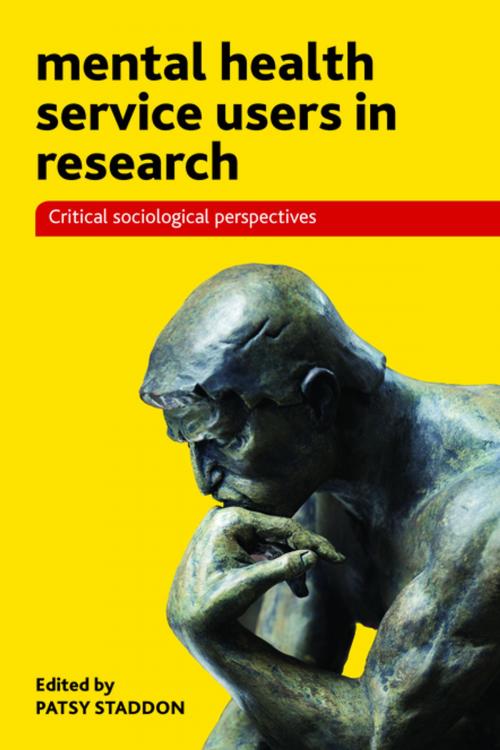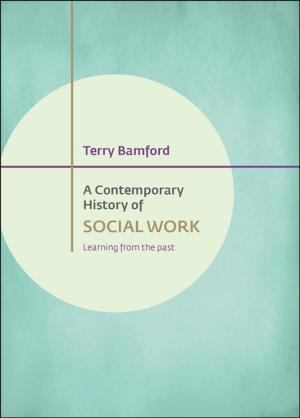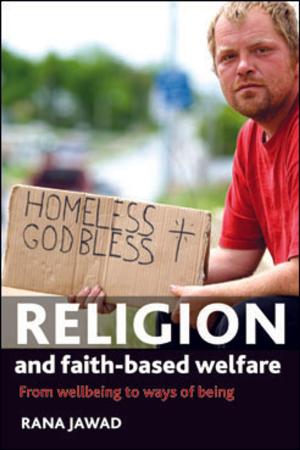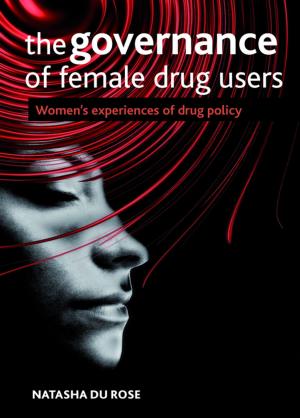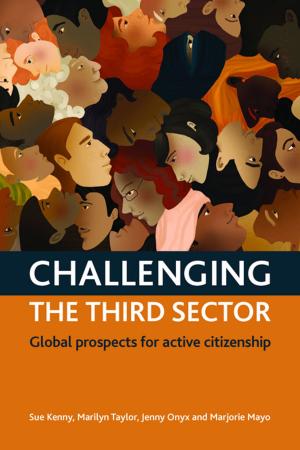Mental health service users in research
Critical sociological perspectives
Nonfiction, Social & Cultural Studies, Social Science, Methodology| Author: | ISBN: | 9781447320593 | |
| Publisher: | Policy Press | Publication: | January 14, 2015 |
| Imprint: | Policy Press | Language: | English |
| Author: | |
| ISBN: | 9781447320593 |
| Publisher: | Policy Press |
| Publication: | January 14, 2015 |
| Imprint: | Policy Press |
| Language: | English |
This book aims to show the value but also the difficulties encountered in the application of 'insider knowledge' in service user research. Mental health service users in research considers ways of 'doing research' which bring multiple understandings together effectively, and explains the sociological use of autobiography and its relevance. It examines how our identity shapes the knowledge we produce, and asks why voices which challenge contemporary beliefs about health and the role of treatment are often silenced. An imbalance of power and opportunity for service users, and the stigmatising nature of services, are considered as human rights issues.Most of the contributors to the book are service users/survivors as well as academics. Their fields of expertise include LGB issues, racial tensions, and recovering from the shame and stigma of alcoholism. They stress the importance of research approaches which involve mutualities of respect and understanding within the worlds of researcher, clinician and service user/survivor.
This book aims to show the value but also the difficulties encountered in the application of 'insider knowledge' in service user research. Mental health service users in research considers ways of 'doing research' which bring multiple understandings together effectively, and explains the sociological use of autobiography and its relevance. It examines how our identity shapes the knowledge we produce, and asks why voices which challenge contemporary beliefs about health and the role of treatment are often silenced. An imbalance of power and opportunity for service users, and the stigmatising nature of services, are considered as human rights issues.Most of the contributors to the book are service users/survivors as well as academics. Their fields of expertise include LGB issues, racial tensions, and recovering from the shame and stigma of alcoholism. They stress the importance of research approaches which involve mutualities of respect and understanding within the worlds of researcher, clinician and service user/survivor.
